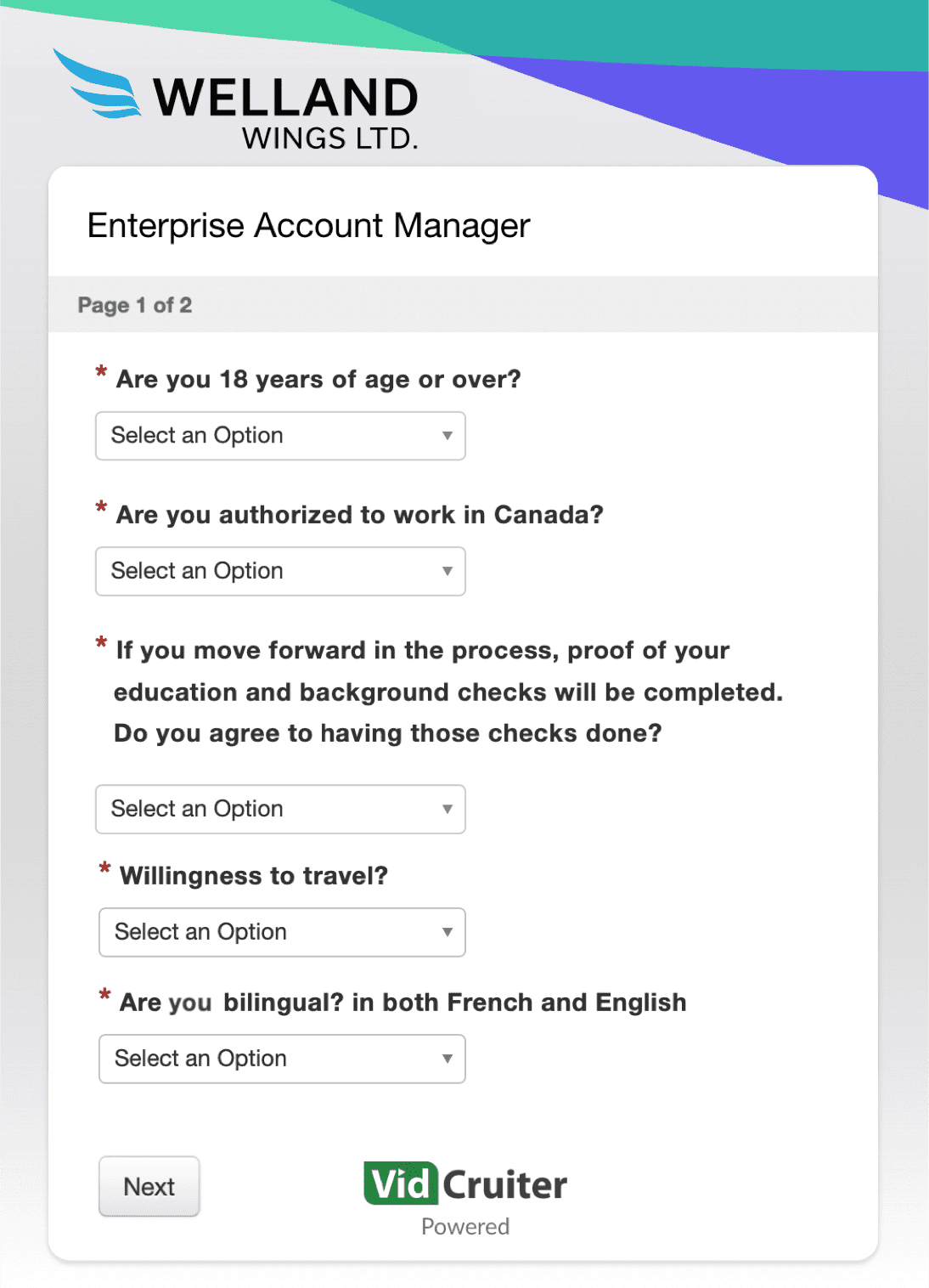
Where Do Direct Reports Fit in Management Structure?
Discover where direct reports fit within the management structure and get tips on fostering better relationships with them.

Knockout questions act as a gatekeeper, “knocking out” (or pre-filtering) candidates who don’t meet the minimum requirements for a job.
Sometimes people don’t meet key requirements because of inability (such as if candidates are legally unable to work in the country) while other times it’s a matter of unwillingness (perhaps an applicant doesn’t want to work weekends). Either way, a wrong answer to a knockout question prevents certain candidates from advancing to the next stage of the hiring process.
Knockout questions are more compassionate than they sound. They save hiring teams AND job applicants valuable time and headspace. Like any relationship, if it’s going nowhere, it’s better to identify a mismatch sooner than later so you can both move on.

In order to work effectively, knockout questions must be asked very early in the hiring process. These questions can be asked with video interviewing software, but ideally, it’s done even earlier. Try including knockout questions within your job application forms so you can filter out those who don’t have the necessary requirements.
You can also pair knockout questions with pre-employment skills testing. For example, if you’re recruiting for a position that requires technical competencies, you might ask this knockout question: do you have experience using X software for Y purposes? If the candidate answers yes, you might then ask them to prove it with an online skill test to demonstrate their knowledge.
Knockout questions will vary depending on the industry and the position you’re trying to fill. Start by determining the minimum job requirements and core competencies of the position(s) for which you’re hiring. What are your “must haves” for these roles? Develop a set of qualifying knockout questions based on that.
Common knockout questions include:
If you’re an applicant, answer the questions truthfully. Seeking other job opportunities is better than answering interview questions dishonestly. If (or more likely when) the truth comes out, it’ll likely cost you the job anyway.

While knockout questions are a sure-fire timesaver, hiring professionals must be careful not to ask questions that don’t relate to job performance. There are some questions you simply can’t ask; they’re unlawful. These include questions relating to:

Knockout questions eliminate manual vetting and unnecessary interviewing, freeing up time to spend on more qualified applicants and other HR priorities.
By asking the right knockout questions, you can filter out ill-fit job applicants early in the hiring process—so you can hire employees who do knockout work.
*Note: these questions are provided for example purposes only. They are not meant to be verbatim advice on what to ask during an interview. Please seek independent legal advice as to whether these questions work in your jurisdiction.
Knockout questions focus on essential qualifications such as eligibility to work in a specific country, possession of required certifications or degrees, a minimum number of years of experience, or a willingness to relocate. Examples: “Do you have a valid driver’s license?” or “Are you available to work weekends?”
These questions help streamline the hiring process by ensuring that only applicants who meet essential qualifications proceed to the next stage. This reduces time and effort for recruiters and ensures that the candidate pool is aligned with the job’s key requirements.
Knockout questions should comply with employment laws, including anti-discrimination regulations. They should only assess job-related qualifications and not include questions that could lead to unfair dismissal based on age, race, gender, or other protected characteristics.
Modernize your hiring process with expert insights and advice.